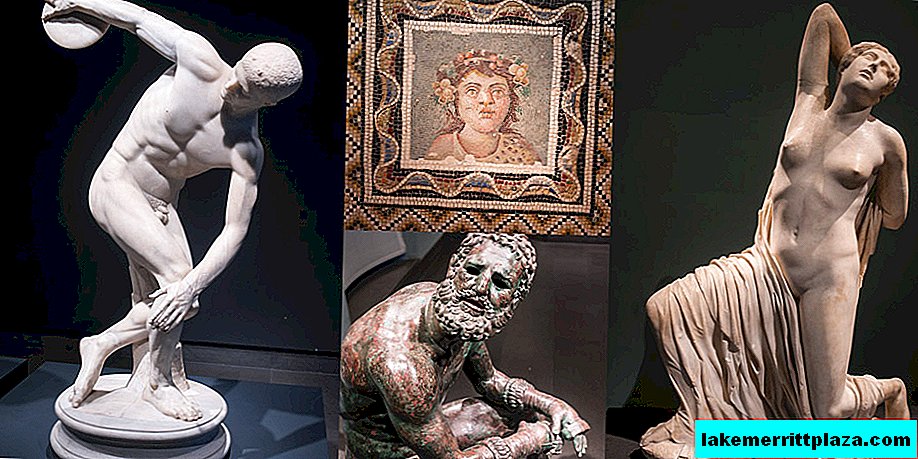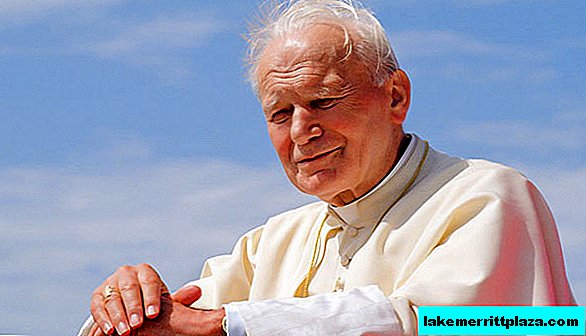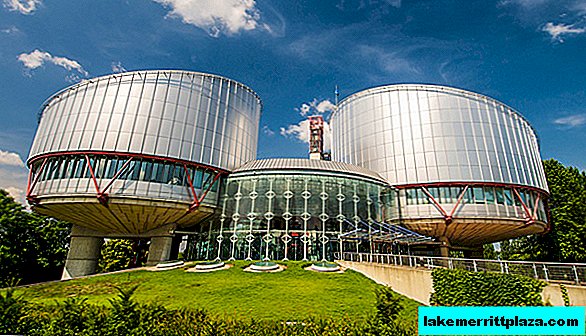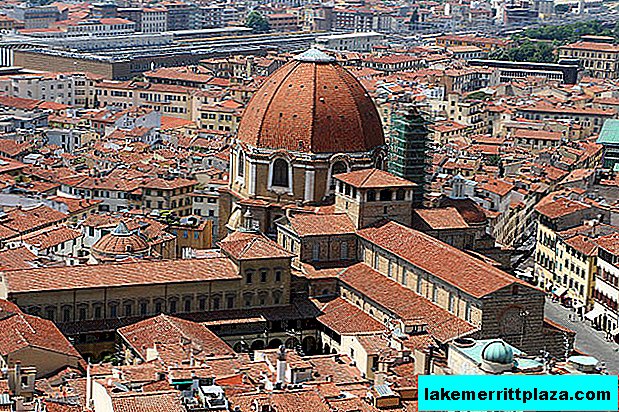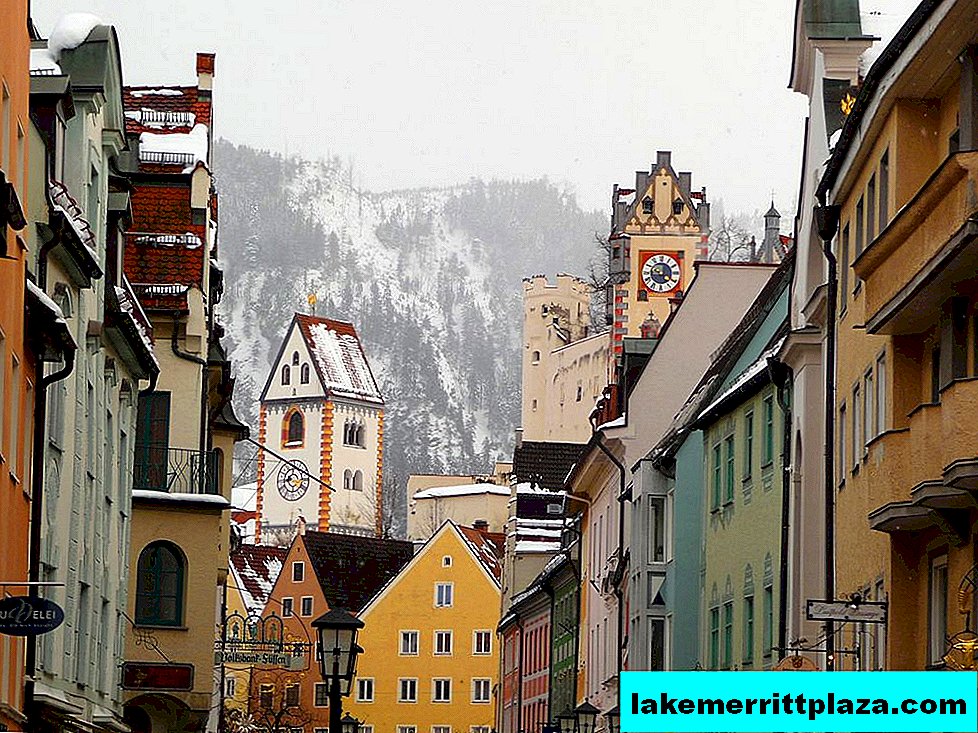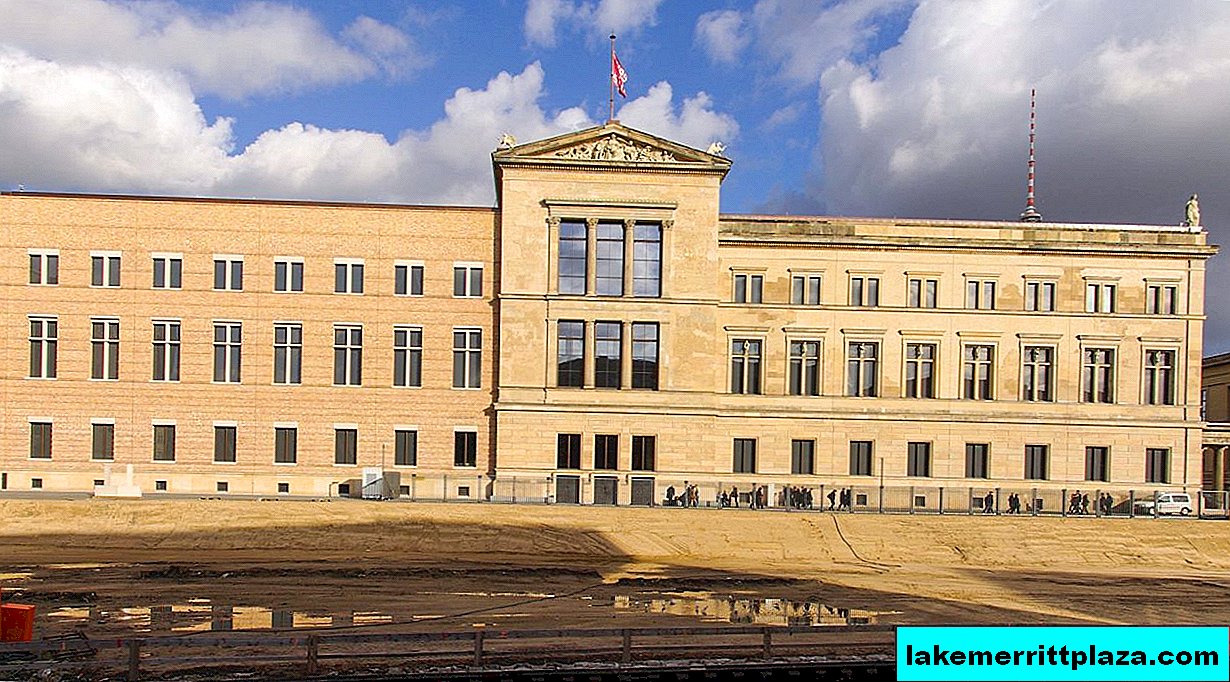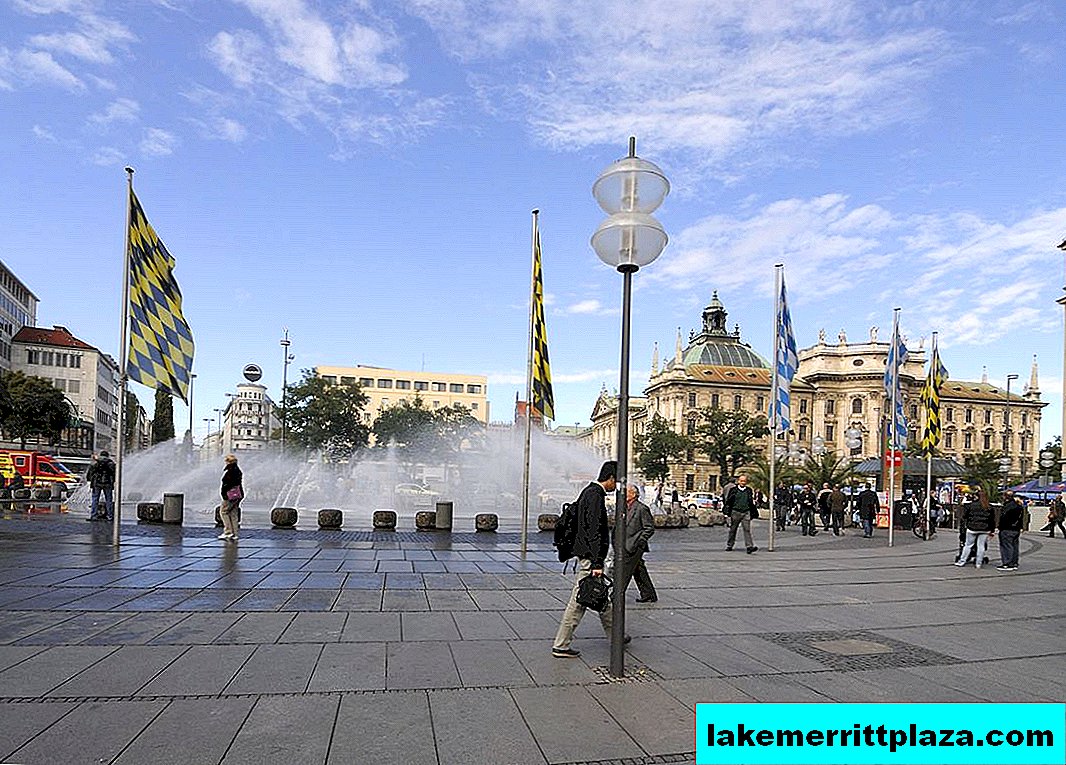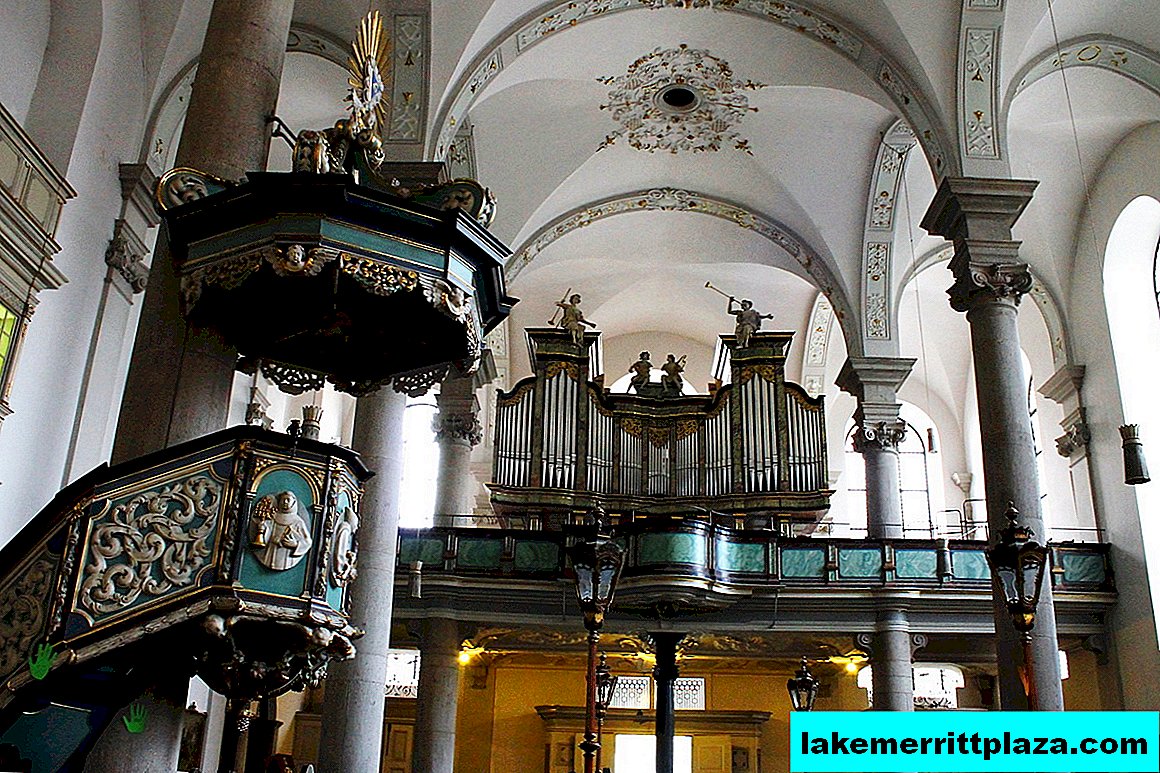With Alexanderplatz it is convenient to begin your acquaintance with Berlin. Having looked at the city from the height of the TV tower, go to the river, cathedrals and museums or to a nightclub and for shopping.

Alexanderplatz Square, photo by Paul J White
Alexanderplatz Square, the capital’s residents simply call it “Alex,” is one of Berlin’s main squares. The square is perhaps the most visited attraction of the German capital.
A bit of history
Until the mid-19th century, it was used as a venue for military parades and as a market square where peasants traded livestock. It was called the Royal Gate Square. In 1805, King Frederick William III ordered the renaming of the square to Alexanderplatz, in honor of the arrival of the Russian Emperor Alexander I.
Since then, the square has experienced many historical events. There were fierce battles during the March revolution of 1848. Alexanderplatz also witnessed a similar but peaceful revolution in 1989, when tens of thousands of East Berliners gathered for demonstrations, which contributed to the fall of the socialist regime. But at that time Alexanderplatz was the "face" of the capital of the GDR.
Alexanderplatz today

Rotating clock in the square, photo by Enrico Cecchetto
After the reunification of East and West Germany, an intensive reconstruction is underway on the square, which will last until 2019. Among the historical attractions of the square are the Red Town Hall, the Church of St. Mary's Neptune Fountain, the oldest in the city. Modern buildings include the Berlin TV Tower, Alex Department Store, Park Inn by Radisson Berlin Alexanderplatz high-rise hotel with panoramic rooftop areas, revolving clocks showing world time, and the Friendship of the Peoples fountain. In the square you will find many cozy cafes and restaurants.
Alexanderplatz is the largest transport hub in the capital. Three metro lines, city electric trains and trams intersect in the square. And the TV tower and the Red Town Hall can be used as a landmark during hiking.
There are several shopping centers on the square where you can purchase quality goods at a good price.
During the holidays, fairs with a bazaar, refreshments and shows are held on the square.
Today Alexanderplatz is still one of the favorite meeting places for Berliners and visitors.




How to get there
Take the metro lines U2, U5, U8 to the Alexanderplatz station;
city train S5, S7, S75 to Berlin Alexanderplatz Bahnhof station;
by tram M2, M4, M 5, M6 to the Alexanderplatz stop.
How do I save on hotels?
Everything is very simple - look not only at the booking. I prefer the search engine RoomGuru. He is looking for discounts at the same time on Booking and on 70 other booking sites.

